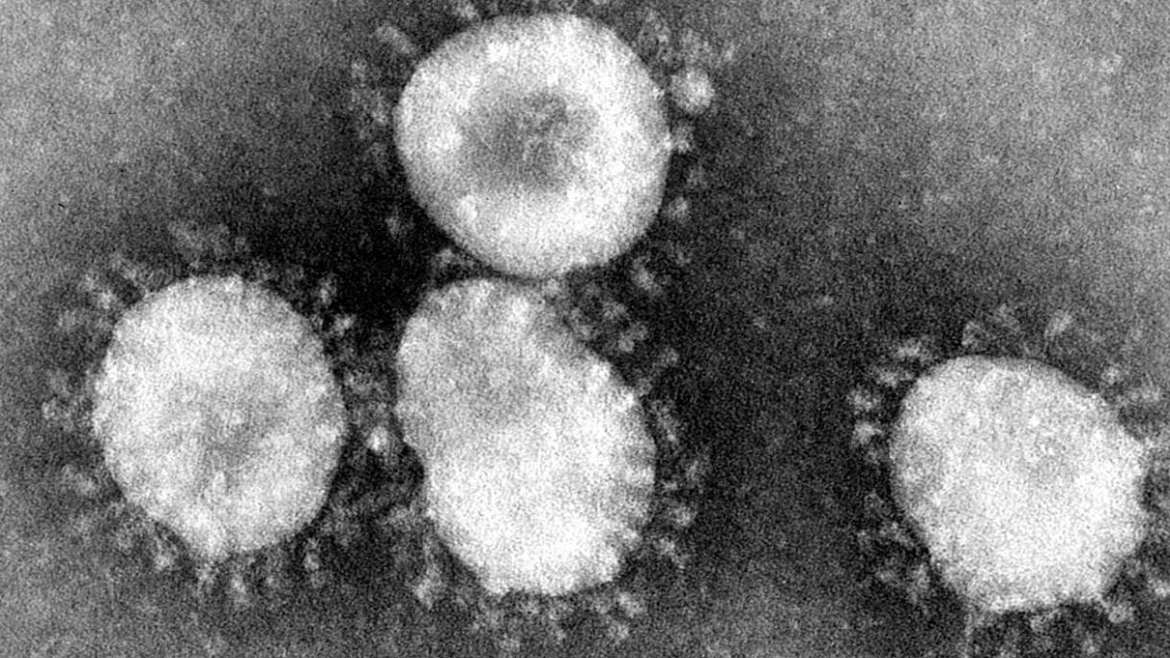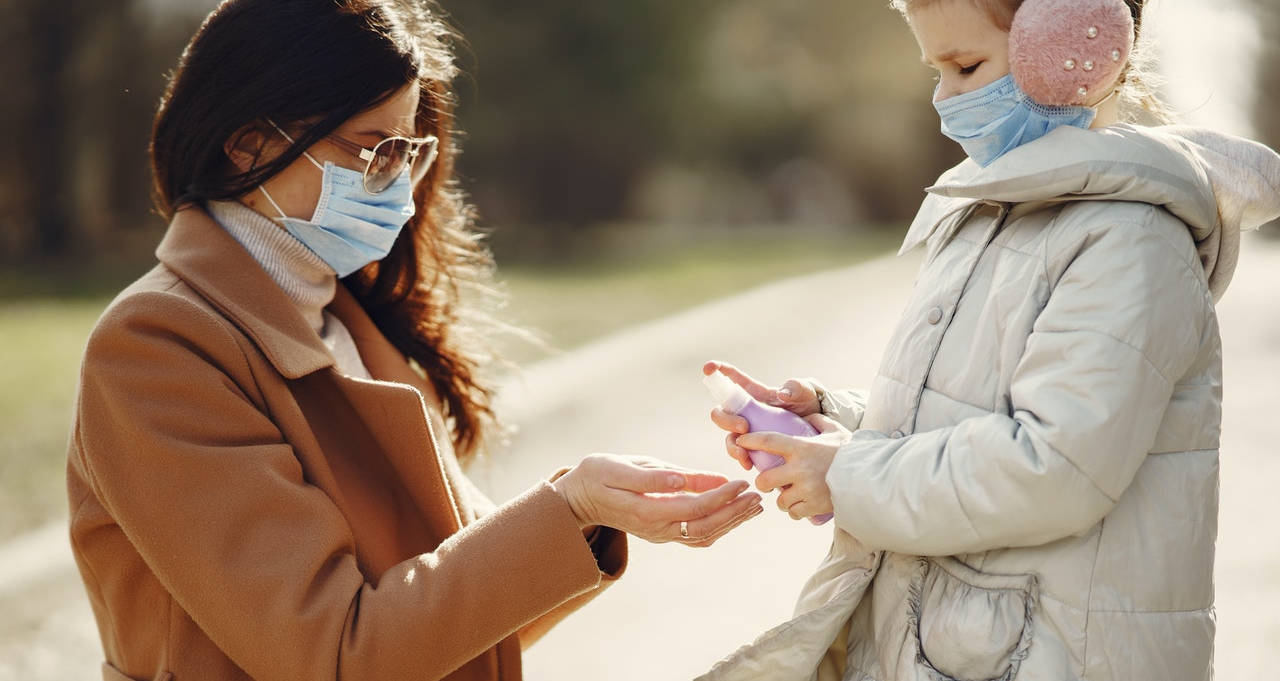The Coronavirus: What You Need to Know
As outbreaks continue to spread globally, people are growing fearful, many have been force into quarantine and the world’s eyes are glued to the news on the coronavirus (also known as COVID-19). Here in the United States, we have relatively low cases of people who have the virus (as of today, there 60 confirmed cases in the U.S.). But it hit very close to home when a Snohomish County man last month was diagnosed with the virus, and since has been treated and released. A vaccine has yet to be released and officials warn people to practice safe measures to prevent the spread and infection of this respiratory disease. Preparation is key at this point in time as the country braces for more cases. Health officials warn that it’s not a matter of if, but when.
The COVID-19 is specific type of coronavirus–you’ve probably heard of Severe Acute Respirator Syndrome (SARS) and Middle East Respiratory Syndrome (MERS)–two other coronaviruses. These viruses may cause respiratory and gastrointestinal illness in animals and humans. COVID-19 is called a novel coronavirus because it has not been previously identified.
It is spread through respiratory droplets that are produced when an infected person coughs or sneezes. These droplets could land on a person’s face and get inhaled into the lungs. It doesn’t necessarily have to be spread directly from a person to another person. It’s also possible you can come into contact with a surface or object that has the infected person’s respiratory droplets on them. More on how the virus spreads, here.
Common symptoms of the COVID-19 novel coronavirus include fever, tiredness, dry cough though some infected people may also experience nasal congestion, aches and pains, sore throat, runny nose or diarrhea. One of the dangerous aspects of the disease is that people who are infected may not experience symptoms early on then not taking necessary precautions — thus potentially spreading it to others.
How can you prevent spread and infection? The CDC has published guidance here . To summarize, they caution people to:
- Avoid contact with those who are sick.
- Avoid touching for face, nose, eyes and mouth.
- Frequently and thoroughly wash hands with soap and water. If that’s not possible, use a hand sanitizer with at least 60% alcohol. Do this especially before or after eating, after using the bathroom, and after coughing, sneezing and blowing your nose.
- Cover your mouth when you cough and sneeze.
- Feeling sick? Stay home.
- Frequently disinfect frequently touched objects.
ESR is maintaining strict cleaning standards and social distancing practices. Read our COVID-19 response here.





